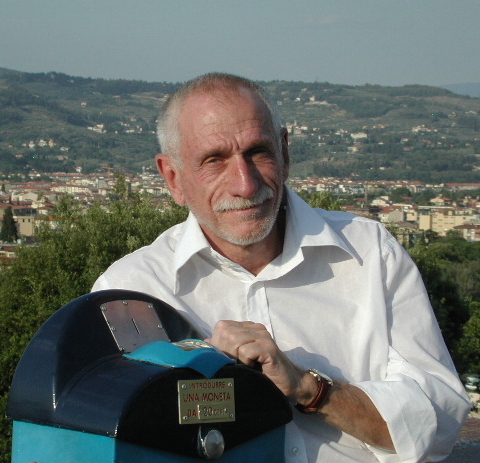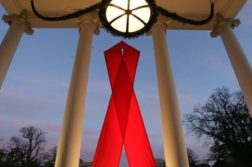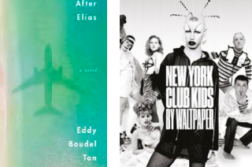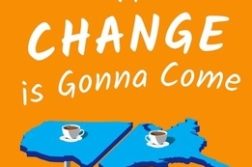This piece was inspired by an article in the new issue of The G&LR: “HIV Survivors and the ’16 Election,” by Brian Bromberger.
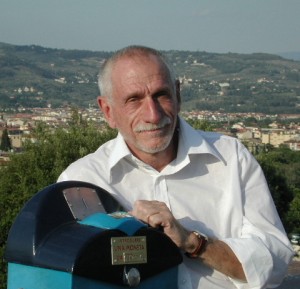
I TELL MY STORY and I do not in any way mean to diminish the pain and hardship suffered by HIV survivors. It’s not a pretty picture for many of us and I grieve for them as I grieve for the family that was at my side with sex dope and camping it up when I left my wife and son and came out in 1972. I tell my story so other survivors know surviving doesn’t have to be bleak.
Once I came out I was very public about it. I became an activist though a subtle one when Jim Foster invited me to attend an Alice B. Toklas Club dinner. I worked for Mayor Joseph Alioto who knew I was gay, with Mayor George Moscone, and with Mayor Dianne Feinstein, for whom I served as her representative to the LGBT community. I was co-chair of the Human Rights Campaign Fund, now the HRC. When I heard early rumors of a deadly disease among gay men in the early 1980s, I figured I had it. I was sexually active (every night without fail), so if this strange disease was sexually transmitted, I probably had it in my body, just as I had had gonorrhea twice. I participated in a study at San Francisco General around 1979 and was told that I had an imbalance in my blood, and despite the clinician’s patient explanation, I didn’t know what that meant. I participated in a Hepatitis C study and some of my blood was frozen.
Once they had a way to detect the HIV virus, my partner checked on his frozen blood and he was positive. If Michael was positive, I had to be positive, because he and I enjoyed years of the most pleasurable unprotected sex any gay man could want. That meant I converted around 1978, and this was confirmed in 1981 when my Kaiser doctor said I had two years to live. So I rearranged my finances accordingly. Two years later I was still alive, so I shifted back to my normal habits and remained sexually active, because my sex was primarily fisting, so the chances of bodily fluid transmission were limited. I was raised as a Unitarian, and that has spared me feelings of shame or guilt for being gay and then later for being positive. I don’t push being positive, but being positive is part of my everyday conversations. When someone at an AIDS fundraiser asked me why I wasn’t wearing a red ribbon, I said, “I don’t need one I’m already positive.”
I helped a friend die early in the epidemic, but I couldn’t do more of that and I avoided most memorial services because they were too painful. What I could do was raise money, and I led the fundraising campaign for what is now the James C. Hormel Gay and Lesbian Center at the San Francisco Public Library. In that campaign we were very clear that we were not raising funds to fight AIDS, and in the end we raised $3.5 million. I retired and followed my passion by going back to school, and received an MFA in poetry. In 2006, Eric Rofes, an activist friend, told me I had to record the blissful early days of the 1970s in San Francisco, when we changed the way gay men think about sex—before our generation started dying of AIDS. Eric died that same year. I decided I could tell that story better in a novel than in poetry and Don Weise recommended an editor. Don became my editor and my novel Our Time, about those years in the ’70s, will be published in January.
Since I’ve been positive, I have survived a mugging that had me unconscious for four days, and a broken leg the result of a motorcycle accident. I lost the dearest man in the world to AIDS after eighteen years, along with most of my friends. What has kept me going? On the physical side, I guess I have good genes. On the emotional side, my mother started every day fresh, and there was no blame for what happened the day or the week before. That wore off on me, because despite a seriously bad relationship that lasted too long, something inside me said that there will always be a better tomorrow. I’m happy to be alive at 72 with a life that I share with my son, a granddaughter, two dogs, and a few close friends. I hope my story lifts a few spirits. To other survivors, I say: never forget we have a history as a proud tribe of survivors!
Chuck Forester, the author of Do You Live Around Here?, lives in San Francisco.


